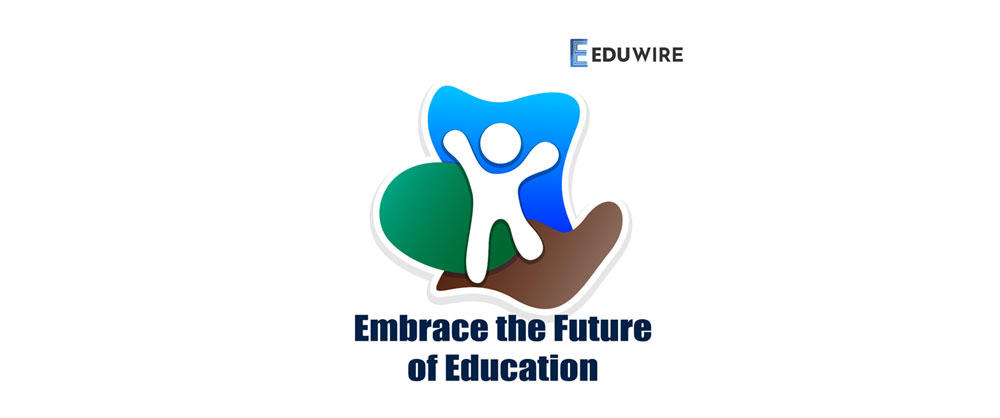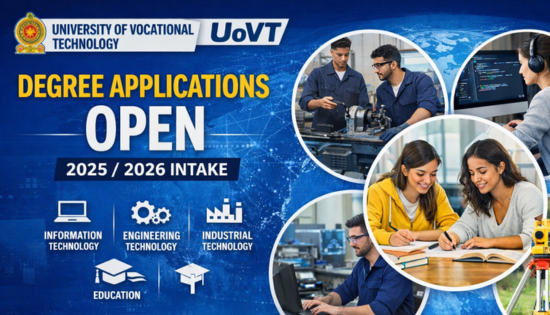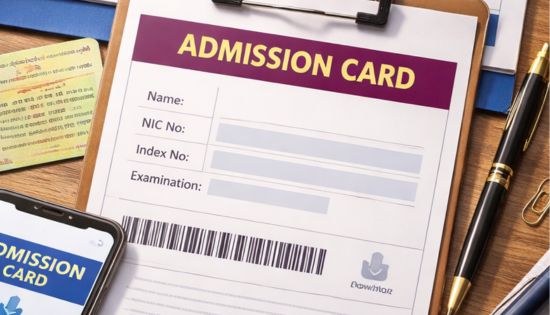Navigating the Future of Education
The Rise of Hybrid and Remote Learning

The COVID-19 pandemic has accelerated the adoption of hybrid and remote learning models, transforming the way students learn and educators teach. These models, which combine in-person and online instruction, offer flexibility and accessibility, but also present challenges that require careful consideration and planning.
One of the key advantages of hybrid and remote learning is flexibility. Students can access course materials and participate in discussions from anywhere, allowing them to balance their academic responsibilities with other commitments. For example, a student may choose to watch a lecture online during their commute or participate in a group project using collaborative online tools.
Another advantage of hybrid and remote learning is the ability to cater to diverse learning needs. Some students may thrive in a traditional classroom setting, while others may prefer the flexibility and autonomy of online learning. By offering both options, educational institutions can accommodate a wider range of learning styles and preferences.
Hybrid and remote learning also have the potential to improve access to education, particularly for students in remote or underserved areas. By leveraging technology, educational institutions can reach students who may not have access to traditional educational resources, opening up new opportunities for learning and growth.
However, hybrid and remote learning also present challenges that need to be addressed. One of the key challenges is ensuring that all students have access to the technology and resources they need to participate fully in online learning. This includes access to a reliable internet connection, devices such as laptops or tablets, and technical support.
Another challenge is maintaining engagement and motivation in a virtual learning environment. Without the social interaction and support of a physical classroom, some students may struggle to stay engaged and motivated. Educators need to use a variety of strategies, such as interactive online activities and frequent communication, to keep students engaged and connected.
In conclusion, hybrid and remote learning models offer exciting opportunities to transform education and improve access for students around the world. By carefully planning and implementing these models, educators can create engaging and inclusive learning experiences that meet the diverse needs of today’s learners.

Related News
Fulbright Opens Fully Funded U.S. Scholarships for Sri Lankans for 2027–2028
Scholarships to the United States of America for Sri Lankan Citizens The United States-Sri Lanka Fulbright Commission (US-SLFC) is pleased to announce…
Read MoreEducation reforms : Galle Satyagraha enters fourth day
The Satyagraha launched in Galle on January 19, calling for the implementation of education reforms by 2026, entered its fourth consecutive day…
Read MoreUCL, Kings Hospital Colombo Sign MOU to Strengthen Healthcare Education
A significant milestone was marked with the official signing of a Memorandum of Understanding between UCL Sri Lanka and Kings Hospital Colombo,…
Read MoreUoVT opens degree applications for 2025/2026 intake
The University of Vocational Technology has opened applications for its 2025/2026 intake, inviting qualified Advanced Level students and holders of National Vocational…
Read MorePiriven O/L Examination 2025 – Admission Card Notice
Candidates sitting for the Piriven Ordinary Level Examination (All Island) can now download their admission cards online. Examination Dates:📅 22, 23, 24📅…
Read MoreCourses
-

MBA in Project Management & Artificial Intelligence – Oxford College of Business
In an era defined by rapid technological change, organizations increasingly demand leaders who not only understand traditional project management, but can also… -

Scholarships for 2025 Postgraduate Diploma in Education for SLEAS and SLTES Officers
The Ministry of Education, Higher Education and Vocational Education has announced the granting of full scholarships for the one-year weekend Postgraduate Diploma… -

Shape Your Future with a BSc in Business Management (HRM) at Horizon Campus
Human Resource Management is more than a career. It’s about growing people, building organizational culture, and leading with purpose. Every impactful journey… -

ESOFT UNI Signs MoU with Box Gill Institute, Australia
ESOFt UNI recently hosted a formal Memorandum of Understanding (MoU) signing ceremony with Box Hill Institute, Australia, signaling a significant step in… -

Ace Your University Interview in Sri Lanka: A Guide with Examples
Getting into a Sri Lankan sate or non-state university is not just about the scores. For some universities' programmes, your personality, communication… -

MCW Global Young Leaders Fellowship 2026
MCW Global (Miracle Corners of the World) runs a Young Leaders Fellowship, a year-long leadership program for young people (18–26) around the… -

Enhance Your Arabic Skills with the Intermediate Language Course at BCIS
BCIS invites learners to join its Intermediate Arabic Language Course this November and further develop both linguistic skills and cultural understanding. Designed… -

Achieve Your American Dream : NCHS Spring Intake Webinar
NCHS is paving the way for Sri Lankan students to achieve their American Dream. As Sri Lanka’s leading pathway provider to the… -

National Diploma in Teaching course : Notice
A Gazette notice has been released recently, concerning the enrollment of aspiring teachers into National Colleges of Education for the three-year pre-service… -

IMC Education Features Largest Student Recruitment for QIU’s October 2025 Intake
Quest International University (QIU), Malaysia recently hosted a pre-departure briefing and high tea at the Shangri-La Hotel in Colombo for its incoming… -

Global University Employability Ranking according to Times Higher Education
Attending college or university offers more than just career preparation, though selecting the right school and program can significantly enhance your job… -

Diploma in Occupational Safety & Health (DOSH) – CIPM
The Chartered Institute of Personnel Management (CIPM) is proud to announce the launch of its Diploma in Occupational Safety & Health (DOSH),… -

Small Grant Scheme for Australia Awards Alumni Sri Lanka
Australia Awards alumni are warmly invited to apply for a grant up to AUD 5,000 to support an innovative project that aim… -

PIM Launches Special Programme for Newly Promoted SriLankan Airlines Managers
The Postgraduate Institute of Management (PIM) has launched a dedicated Newly Promoted Manager Programme designed to strengthen the leadership and management capabilities… -

IMC – Bachelor of Psychology
IMC Education Overview IMC Campus in partnership with Lincoln University College (LUC) Malaysia offers Bachelor of Psychology Degree right here in Sri…
Newswire
-

Major narcotics bust: Police seize nearly 300 kg of heroin and ice
ON: January 25, 2026 -

Govt announces sweeping road safety & drug crackdown plan
ON: January 25, 2026 -

Scholarships to the United States of America For Sri Lankan Citizens
ON: January 25, 2026 -

Pakistan T20 World Cup squad announced: Key player omitted
ON: January 25, 2026 -

IFC Invests $166 Million in 3 Sri Lankan Banks to Support Businesses
ON: January 25, 2026










